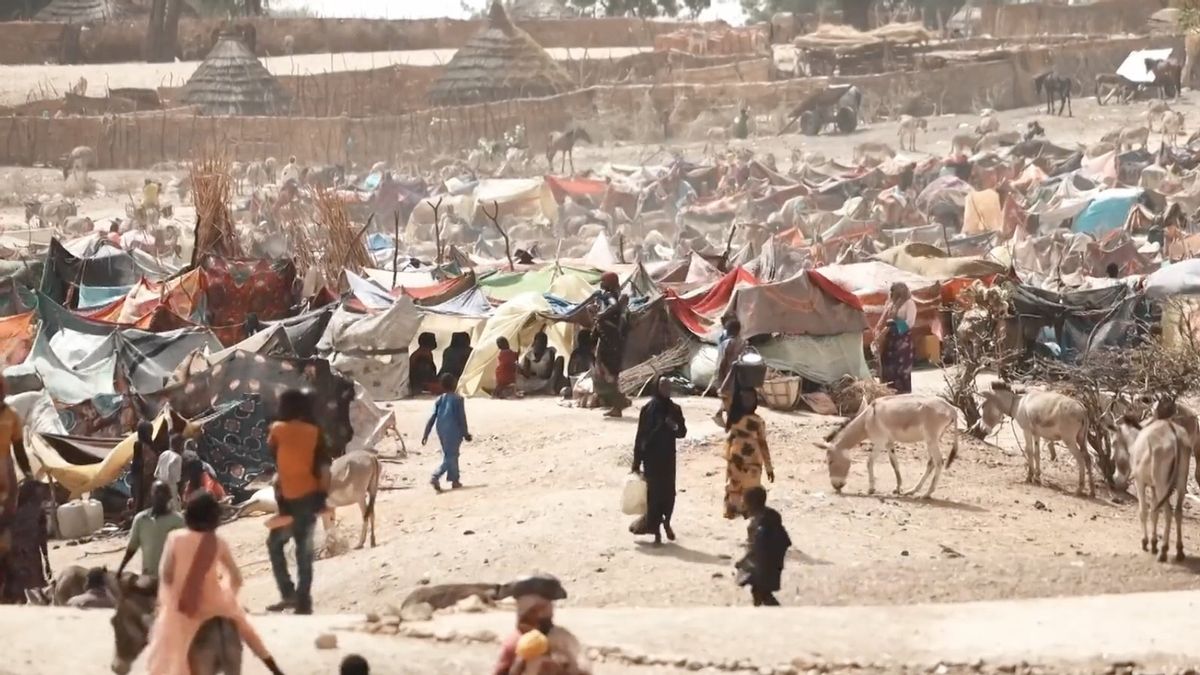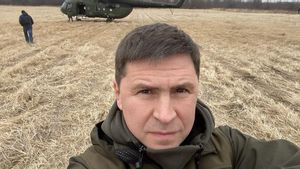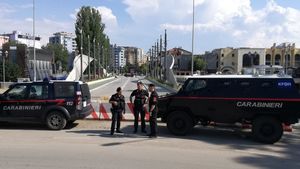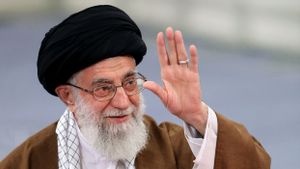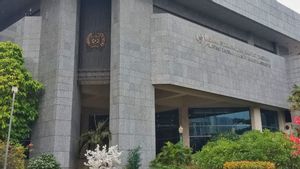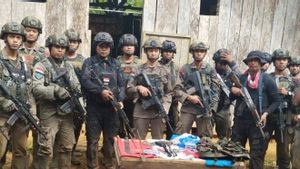JAKARTA - Sudan's warring military factions on Monday agreed to a five-day extension to their truce, after heavy clashes and renewed airstrikes in the capital cast fresh doubts on the effectiveness of a truce designed to defuse the humanitarian crisis.
Saudi Arabia and the United States, which brokered the week-long truce deal and are monitoring it remotely, announced shortly before it expired late Monday that the parties had agreed to extend it.
Although the truce was not perfectly observed, it did allow for the delivery of aid to around two million people, the two countries said in a joint statement.
"The extension will allow time for further humanitarian assistance, restoration of essential services, and discussion of the potential for a longer-term extension," the statement said.
The source familiar with the new deal said discussions about amendments to make the ceasefire more effective were continuing.
Hours before it was signed, residents reported fighting in the three contiguous cities that make up the capital of the larger Sudan around the confluence of the Nile - Khartoum, Omdurman, and Bahri. The intensity of the fighting was greater than the last three days, they said.
The Sudanese military and paramilitary Rapid Support Forces (RSF) were caught up in a power struggle that erupted into conflict on April 15, which has so far killed hundreds of people and driven nearly 1.4 million from their homes.
The airstrikes, which the army used to target RSF troops taking cover in neighborhoods around the capital, were heard in Omdurman on Monday afternoon, residents said.
"Since yesterday night there have been bombings with all kinds of weapons between soldiers and Rapid Support," Hassan Othman, a resident of Omdurman told Reuters by telephone.
"We are in a state of great fear. Where is the truce?" he asked.
In the last days, a ceasefire agreement has halted heavy fighting, although sporadic clashes and airstrikes have continued.
Earlier, Saudi Arabia and the United States said both sides had committed multiple cease-fire violations, hindering humanitarian access and the restoration of essential services.
Meanwhile, Sudan's Health Ministry says more than 700 people have died as a result of the fighting, though the real figure is likely much higher due to the difficulties health and aid workers are having in accessing conflict zones.
Meanwhile, the government separately recorded around 510 deaths in El Geneina, one of the main cities in Darfur, the western region which has been hit by conflict and displacement.
In Khartoum, factories, offices, houses, and banks have been looted or destroyed. Electricity, water, and telecommunications are frequently cut off, medicine and medical equipment are scarce and food supplies are running low.
SEE ALSO:
Separately, the United Nations and aid groups said that despite the ceasefire, they were struggling to get bureaucratic approvals and security guarantees to transport aid and staff to Khartoum and other places where it was needed.
The WFP said it had started a three-day distribution in the capital on Saturday, reaching more than 12.000 people in Omdurman in areas controlled by the army as well as the RSF. It said it plans to reach at least 500.000 people in Khartoum.
WFP estimates that up to 2.5 million people in Sudan will go hungry in the coming months, increasing the number of people affected by acute food insecurity to more than 19 million, or 40 percent of the population.
The English, Chinese, Japanese, Arabic, and French versions are automatically generated by the AI. So there may still be inaccuracies in translating, please always see Indonesian as our main language. (system supported by DigitalSiber.id)
